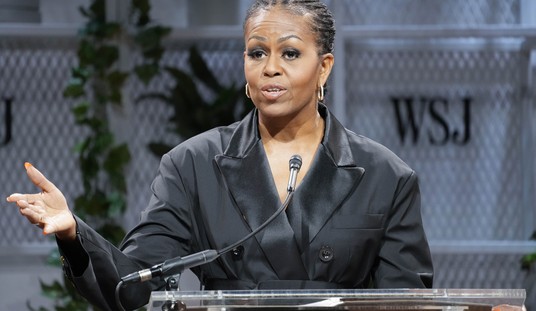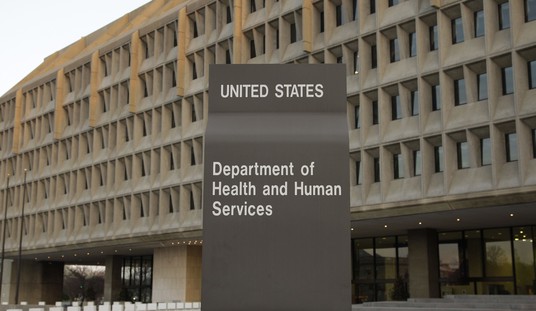US News & World Report has dug deep into the archives to find an interview they did with a young John McCain in 1973, newly liberated from Viet Nam and willing to talk about the experience. The magazine put the article on its website last January, but doesn’t look like it has received much attention. It gives a preserved-in-amber moment for McCain’s assessment of Communists, the war, anti-war activists, and the Nixon administration:
So this was a period of repeated, severe treatment. It lasted until around October of ’69. They wanted me to see delegations. There were antiwar groups coming into Hanoi, a lot of foreigners—Cubans, Russians. I don’t think we had too many American “peaceniks” that early, although within the next year it got much greater. I refused to see any of them. The propaganda value to them would have been too great, with my dad as commander in the Pacific.
David Dellinger came over. Tom Hayden came over. Three groups of released prisoners, in fact, were let out in custody of the “peace groups.” The first ones released went home with one of the Berrigan brothers. The next group was a whole crew. One of them was James Johnson, one of the Fort Hood Three. The wife of the “Ramparts” magazine editor and Rennie Davis were along. Altogether, I think about eight or nine of them were in that outfit. Then a third group followed.
The North Vietnamese wanted me to meet with all of them, but I was able to avoid it. A lot of times you couldn’t face them down, so you had to try to get around them. “Face” is a big thing with these people, you know, and if you get around them so that they could save face, then it was a lot easier.
For example, they would beat the hell out of me and say I was going to see a delegation. I’d respond that, O.K. I’d see a delegation, but I would not say anything against my country and I would not say anything about my treatment and if asked, I’d tell them the truth about the conditions I was kept under. They went back and conferred on that and then would say, “You have agreed to see a delegation so we will take you.” But they never took me, you see.
For those who have yet to read McCain’s memoirs, the description of his treatment gets fairly graphic. The narrative will cause readers to wonder how any of the men survived, and McCain reminds us that some didn’t. Some news accounts now have McCain only getting tortured in the beginning of his captivity, but that isn’t true; it ebbed and flowed depending on the political and military situation. It didn’t improve appreciably until the Nixon administration started allowing released POWs to tell the truth about their treatment, something the Johnson administration had resisted. The embarrassment forced Hanoi to clean up its act, at least for a while.
McCain also credits Nixon for his release in an interesting way. He understood, even when in the POW camp, that negotiations alone would not end the war. The Communists had to fear defeat before they would negotiate in good faith, and Johnson had never given them that fear. Nixon’s political risk in bombing Hanoi did the trick, and McCain admired Nixon for taking that risk in order to do what was right in the war — even if Nixon failed to do what was right with Watergate.
That sounds similar to George Bush sticking with Iraq in 2004, and McCain sticking with Iraq in 2008. If one wonders whether he is sincere in saying that he would rather lose an election than lose a war, they can read this passage and see McCain’s commitment to it. He credits that impulse with getting him home in 1973.
Be sure to take the time to read it all. The conclusion, in which McCain discusses his future plans, seems both prescient and modest at the same time.








Join the conversation as a VIP Member